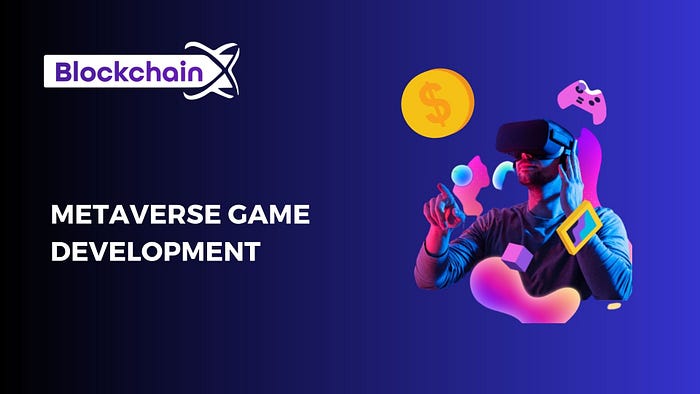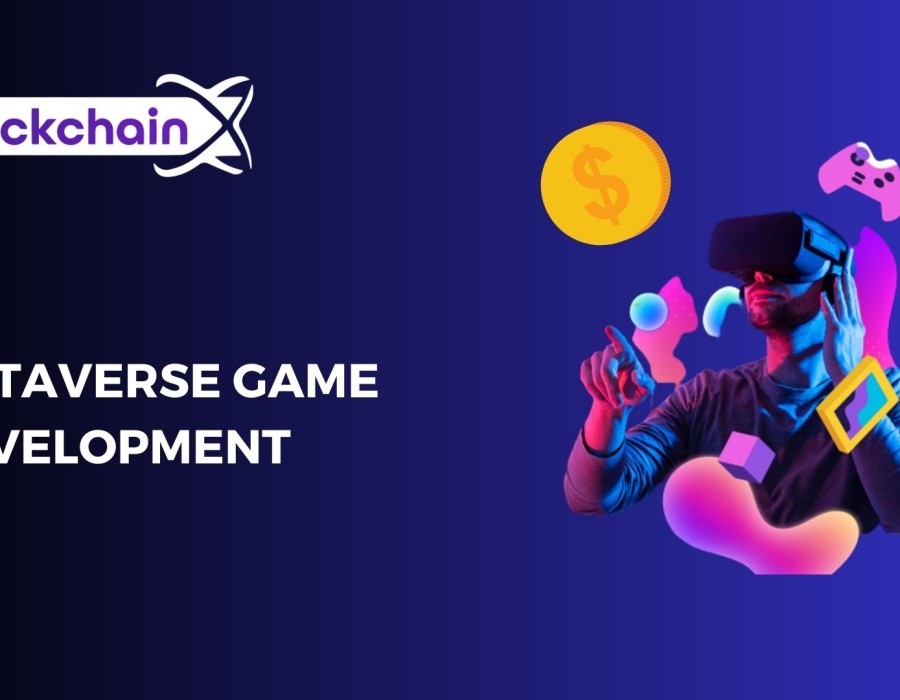The term “metaverse” comes from science fiction, and refers to a hypothetical universe of virtual worlds that are interconnected, creating a shared space in which people can interact with each other and with virtual objects. Metaverse game development refers to the creation of virtual worlds or online gaming environments that allow for immersive, interactive experiences for players.
Metaverse game development typically involves the use of advanced technologies such as virtual reality, augmented reality, and blockchain, which enable developers to create more immersive and interactive gaming experiences. These games often have persistent worlds that exist even when players are not actively playing, and can be accessed by players from all over the world.

Some examples of metaverse games include Second Life, Roblox, and Decentraland. These games allow players to create their own avatars, interact with other players, and participate in a wide variety of activities such as building, exploration, and socializing. As technology continues to advance, metaverse game development is likely to become an increasingly important area of focus for game developers and companies looking to create new and innovative gaming experiences.
Metaverse development solutions game development is a rapidly growing field that involves the creation of immersive virtual worlds and gaming experiences that span across multiple platforms and devices.
Some additional points on metaverse game development:
1.It involves creating interconnected virtual worlds that allow for social interaction, gaming, and commerce. The metaverse is essentially a shared virtual space where users can interact with each other and with virtual objects.
2.Metaverse games often involve the use of advanced technologies like virtual reality, augmented reality, blockchain, and artificial intelligence to create more immersive and interactive gaming experiences.
3.Metaverse game development requires a multidisciplinary approach, involving game designers, developers, artists, writers, and other professionals.
4.The potential for monetization is high in metaverse games, as players can buy and sell virtual assets and currencies using real-world money.
5.Metaverse game development is not limited to traditional gaming companies and can involve collaborations between gaming companies, technology companies, and even social media companies.
6.Some potential applications of metaverse game development include education, training, social networking, and e-commerce.
Metaverse games are likely to become more prevalent in the future, as technology continues to advance and players seek more immersive and interactive gaming experiences.






Comments